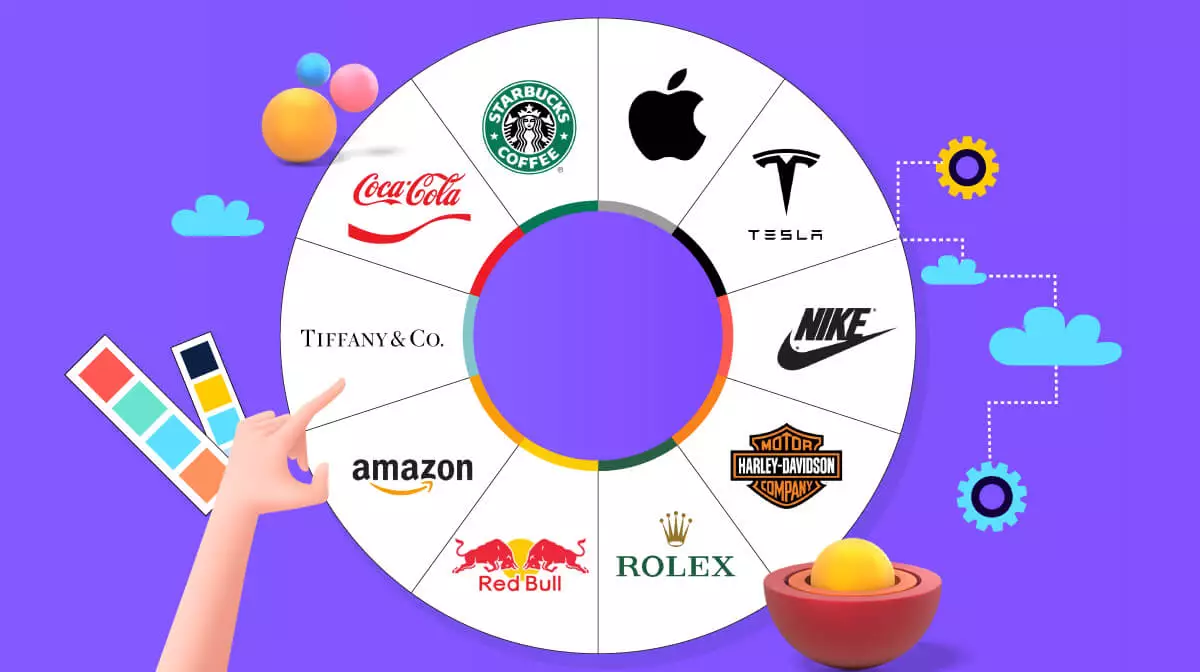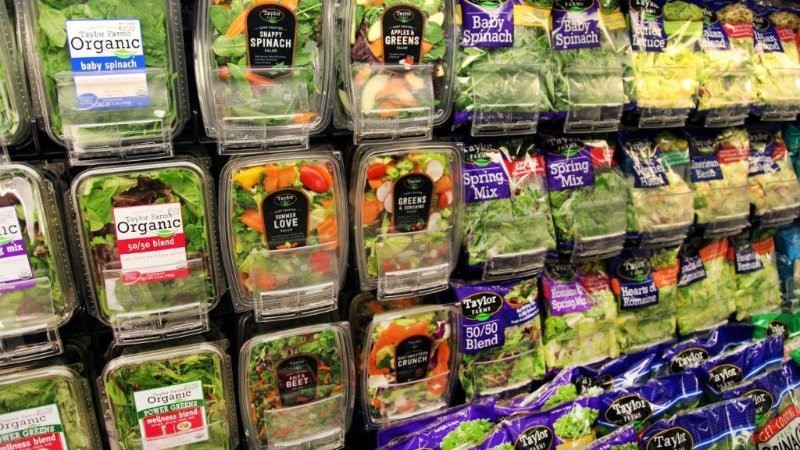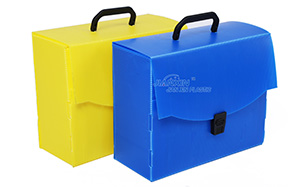When a customer puts your product in their shopping cart, they’re doing so for a few reasons. They like your packaging, they respect the quality of your food, and most important, they trust your brand. They trust that they’ll get the same delicious taste every time they buy, and they trust that your brand story, which reeled them in as a customer, is true. However, if it comes to light that your origin story isn’t grounded in truth, the revelation can leave behind a bad aftertaste.
Always tell the truth
In today’s food market, the power of a compelling brand story almost overrides the appeal of the product. People are more willing to support a company that funds a great cause or whose owners have a similar backstory to their own.

Take Mast Brothers Chocolate, for instance. Rick and Michael Mast became the darlings of the craft chocolate world. Their chocolate bars were packaged in sleek, aesthetically pleasing packaging, and they were sold to the public as two hard-working, bearded guys from Brooklyn who loved chocolate. However, a 2015 exposé accused the Mast Brothers of lying about their product. Their claim to fame was a “bean to bar” process that produced rich chocolate, but they allegedly started making their product by melting down industrial chocolate and adding flavoring. The brothers denied the claims, but it created a firestorm of criticism and a cloud of mistrust continues to hang over their brand.
The public doesn’t like to be lied to. It’s one thing to rebrand yourself to fit the image of your industry. If you want to make a splash in the craft food scene, a beard can help. But you shouldn’t choose an image that strays too far from who you really are, and you should avoid making hyperbolic claims that you can’t back up. Don’t claim that you’re the best or the first or that you’ve never sought the help of experts. In these cases, you’re practically baiting fact checkers to unearth the truth.
Make a great product
Behind every great story is a great product. A strong brand story helps you build an initial relationship with your customer, and it motivates retailers to carry your brand. However, once the buzz of the story wears off, you need to deliver. Thus, it’s important that you never sacrifice the quality of your product for the story.
When you make something that the public craves, they’ll buy it from you directly and retailers will come knocking on your door. An intriguing backstory helps, but the food matters most.
The creators behind nut butter company Wild Friends (Keeley Tillotson, Erika Welsh, and Tillotson’s father, Bruce) started their company as an organic alternative to mass-market brands that were high in sugar. A huge part of their story was that they’d once appeared on Shark Tank and that both Tillotson and Welsh had dropped out of college to run their business. But the ultimate draw to their product is how great it tastes. Wild Friends is carried in retailers all across America, not for the backstory, but because customers love their nut butter.
A great product creates its own story and essentially sells itself.
Choose your words carefully
When promoting your brand, you may reach out to a public relations expert to help you craft a story that appeals emotionally to your target demographic. These stories often require spinning the truth a bit, to differentiate you from your competitors, and position your brand as truly unique and worthy of attention. However, be sure your story doesn’t stray too far from reality.
To ensure you stay in truthful territory, try to avoid using any of the following five words in your brand story:
Small-batch: This is a buzzword that’s synonymous with quality. Immediately, small-batch signifies that everything you produce is made by a single person in a small kitchen, and that means every single unit meets your utmost standards. This may have been true when you were selling bottles of homemade bitters to your friends. But once you find an audience, an investor, and a retailer, production ramps up. You may still use the same recipe, but you’re no longer producing a small-batch product. Avoid the word now to skip the contradiction later.
Artisanal: Artisanal doesn’t pack the same punch it once did. In the truest sense, an artisan is a skilled craftsman that makes things from scratch. Thus, artisanal products are those that are made from scratch every single time. However, artisanal began to represent slightly better ingredients or off-kilter flavors; not products made by artisans. Odds are, your product isn’t artisanal in the truest sense, so leave it off the label.
Crafted: Like artisanal, crafted has been overused to indicate authenticity. However, instead of evoking an image of homemade goods, try to use verbs that more accurately describe your product. Is your coffee crafted or cold-brewed?
Authentic: Speaking of authenticity, there’s no need to affirm that your product is authentic. This is a word reserved for things that are truly the first of their kind. Even if you’ve created a flavor or recipe that’s unique to your brand, avoid using authentic. Instead, describe what stands out about your creation.
Handmade: Telling a customer that something is handmade isn’t exactly helpful. It’s a general term that could have dozens of meanings. Focus on describing the benefits of your product being handmade. For example, do your peach preserves have a richer flavor because they’re handmade?
To attract and retain business, you need a strong brand story. But that brand story needs to tell the truth, or else, it could come back to haunt you and destroy your business.

Ryan Myers is a business blog author and writer. He graduated from the University of California, Berkeley in 2009 with a degree in Political Science. His favorite topics to write about are blogging for small businesses and becoming an entrepreneur.












